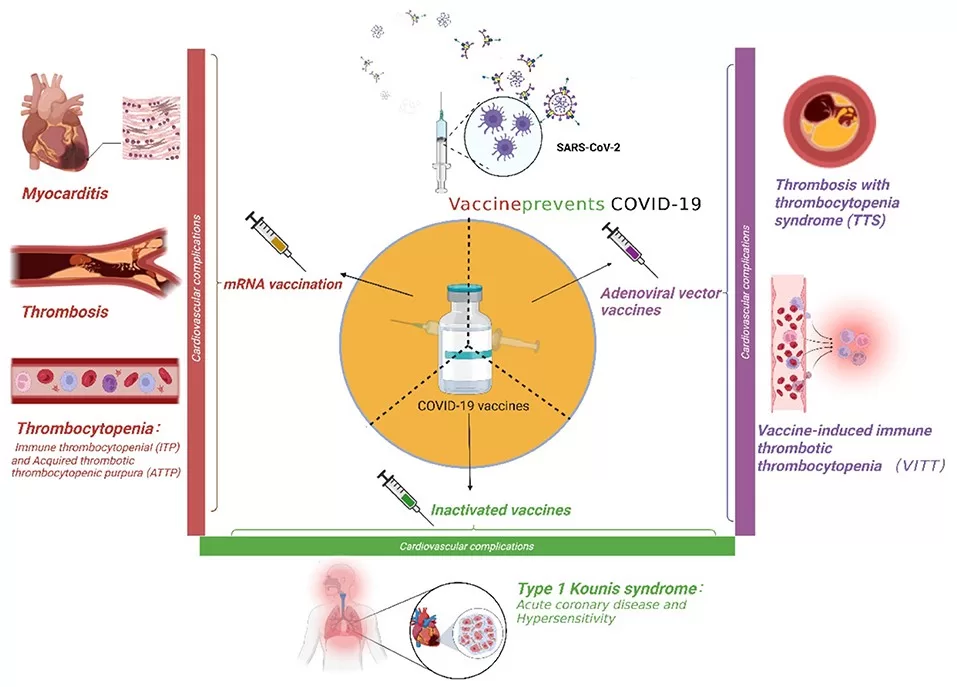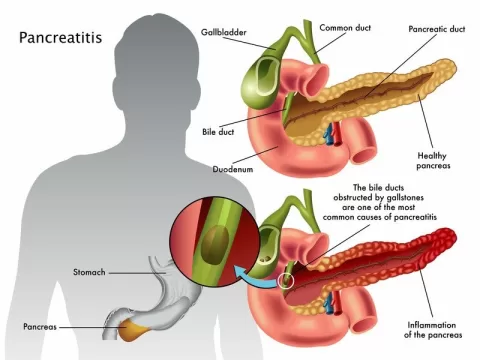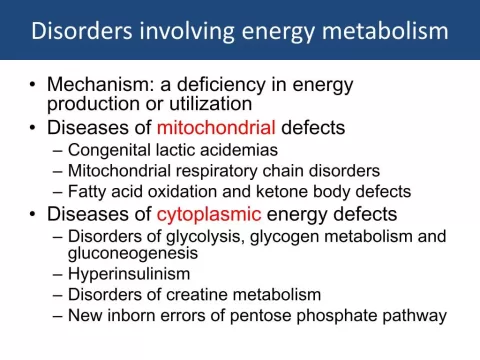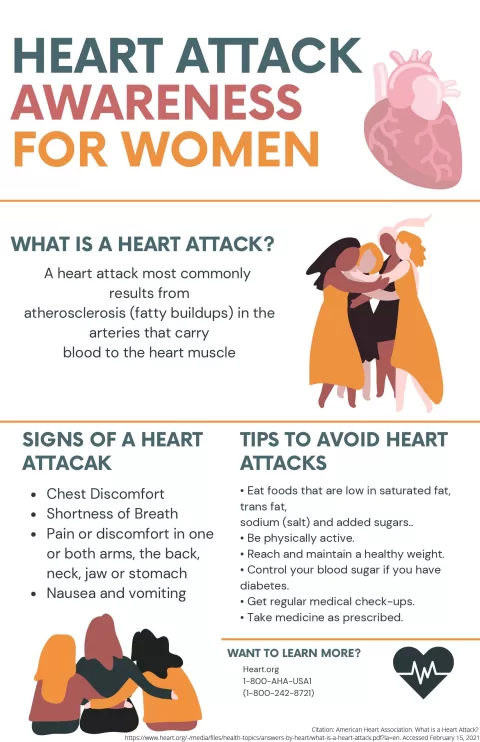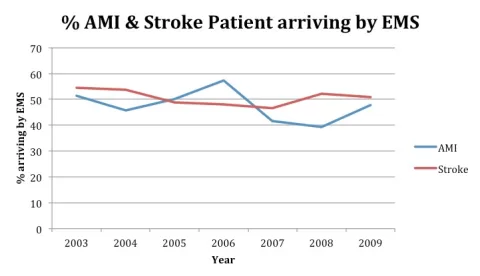Cardiovascular risks post-COVID-19 vaccination have become a pressing topic of discussion as emerging research sheds light on the complexities of vaccine side effects. While the benefits of COVID-19 vaccinations are well-documented—demonstrating significant protection against severe illness—the concern surrounding myocarditis and pericarditis particularly in younger males cannot be overlooked. Studies indicate a rare but increased incidence of these cardiovascular complications within weeks following vaccination. Despite these risks, overall cardiovascular health post-vaccine appears to improve, especially when considering the data suggesting a lower rate of heart failure and myocardial infarction. As investigations continue, understanding the balance between COVID-19 vaccine side effects and their protective advantages remains crucial for public health.
Exploring the implications of heart-related complications following COVID-19 vaccination reveals a nuanced landscape of risks and benefits. Vaccine-induced myocarditis and pericarditis, particularly among younger demographics, highlight potential concerns regarding cardiovascular wellness after immunization. Nevertheless, research indicates that the overall incidence of severe cardiovascular events is reduced in vaccinated individuals, suggesting a beneficial trade-off. This dual narrative underscores the importance of continuous monitoring and research to assess changes in cardiovascular well-being following vaccination, presenting an opportunity for deeper insight into the effects of this critical public health intervention. By investigating these various aspects, we can better inform individuals about their health choices in relation to COVID-19 vaccines and associated risks.
Understanding Cardiovascular Risks Post-COVID-19 Vaccination
In recent studies, it has become evident that the risks associated with cardiovascular events post-COVID-19 vaccination, particularly myocarditis and pericarditis, are more pronounced in younger males. Research indicates that these conditions most frequently occur within two weeks following the second vaccine dose, highlighting a critical temporal relationship between vaccination and onset. This aligns with the findings from the European Heart Journal, which reported a slight increase in cases of myocarditis compared to the general population that was unvaccinated. While the data suggest an increased incidence in specific demographics, it remains crucial to assess the overall impact and context of these risks.
Furthermore, it is important to examine the balance between the risks of these rare events versus the well-documented benefits of COVID-19 vaccinations. Vaccination protects against severe disease, hospitalization, and long-term complications related to COVID-19 infection itself, which may pose a higher risk to cardiovascular health than the vaccine-associated risks. Ongoing research will be essential in evaluating these risks across different demographics and establishing comprehensive recommendations for vaccination strategies.
Myocarditis and Pericarditis: Key Findings Post Vaccine
Myocarditis and pericarditis, though rare, have garnered significant attention in the wake of COVID-19 vaccinations due to their association with mRNA vaccine types such as those from Pfizer and Moderna. The data demonstrate a notably higher incidence in males, particularly among the 18 to 40 age group, suggesting a need for targeted information and monitoring within this demographic. These conditions appear as acute inflammation of the heart muscle and the surrounding membrane, with symptoms that may range from mild chest pain to severe heart complications, making it essential for health authorities to remain vigilant.
Despite these concerns, studies have clarified that the overall cardiovascular outcomes following vaccination are favorable. Increased reports of these conditions are most prevalent shortly after the administration of the second dose, but as vaccinations continue with broader populations, the assessment of long-term risks versus immediate benefits remains complex. Continued investigations are necessary not only to better understand the pathophysiology of these adverse effects but also to support informed decision-making among vaccine recipients.
Benefits of COVID-19 Vaccination on Cardiovascular Health
The primary benefits of COVID-19 vaccination extend well beyond the immediate prevention of the virus itself; they also significantly contribute to overall cardiovascular health. A growing body of evidence indicates that vaccination can mitigate the risks associated with severe COVID-19, including potential long-term cardiovascular problems resulting from the virus. This reinforces the understanding that the protective effects conferred by vaccines may outweigh the rare risks of events such as myocarditis and pericarditis, particularly for older adults and those with preexisting conditions.
Moreover, vaccination has been associated with reductions in the likelihood of hospitalization due to COVID-19, which is vital considering the increased cardiovascular complications during active infections. As researchers continue to monitor the impacts of vaccination on cardiac health, it is anticipated that the broader implications of vaccination will emerge, reinforcing the need for widespread immunization not just for individual protection but for the health of the community as a whole.
Evaluating the Risk of Atrial Fibrillation and Stroke
While the incidence of serious cardiovascular events following COVID-19 vaccination has been a topic of concern, data suggests that strenuous risk factors like atrial fibrillation (AF) remain extremely low post-vaccination. The study’s findings point away from an uplift in cases of AF among vaccinated individuals compared to their unvaccinated counterparts. This is a critical insight, alleviating fears regarding the vaccine’s role in triggering significant arrhythmias that could lead to increased morbidity.
In addition, recent findings indicate a reduction in strokes among vaccinated individuals, especially following the third dose. The careful balance between evaluating the risks posed by vaccinations and recognizing their benefits is paramount in understanding the overall implications for cardiovascular health. Continuous monitoring and research will play a pivotal role in delineating these risks as new variants and vaccine formulations evolve.
Impact of COVID-19 Variants on Vaccination Efficacy and Cardiovascular Outcomes
The emergence of new COVID-19 variants presents an evolving challenge regarding vaccine effectiveness and safety profiles. Preliminary data suggest that while variant-driven infections may lead to increased complications, vaccination remains a robust tool in reducing the severity of infections, subsequently lessening the risk of cardiovascular events. The ability of vaccines to adapt to prevailing variants may further enhance their protective benefits, emphasizing the need for continued vaccination efforts.
Understanding the comprehensive impact of emerging variants on cardiovascular health is essential. Studies assessing the long-term velocities of variant-mediated infections alongside vaccination responses can provide pertinent insights that influence future public health policies. As ongoing research clarifies these dynamics, it will help address the unknowns surrounding vaccine responses to variants and their implications for heart health.
Long-Term Monitoring of Cardiovascular Effects Post-Vaccination
As the COVID-19 vaccination campaign progresses, long-term monitoring of cardiovascular effects will be imperative. Data collected by public health tracking systems can illuminate trends in adverse outcomes alongside the vaccine rollout. The significance of understanding how the vaccine influences long-term heart health and the occurrence of conditions such as myocarditis or pericarditis post-vaccination cannot be overstated.
Implementing comprehensive surveillance programs will enable health authorities to correlate vaccine administration with real-world cardiovascular events, informing guidelines and recommendations for future vaccination practices. This ongoing research will help clarify the relative safety and efficacy of mRNA vaccines, ensuring that the broader picture remains focused on safeguarding public health against both the virus and its cardiac implications.
Addressing Concerns: Trust and Communication in Vaccination
The communication of vaccination risks and benefits plays a crucial role in public trust. Understanding the rare risks of myocarditis and pericarditis post-COVID vaccination should be framed within the context of the substantial benefits that vaccination offers. Clear communication from healthcare providers, public health officials, and media sources is essential in shaping perceptions and decisions surrounding vaccination.
Empowering individuals with knowledge about cardiovascular risks post-COVID-19 vaccination, along with data on the significantly greater risk associated with severe COVID-19 illness, can foster informed choices. Public engagement initiatives that address vaccine hesitancy are critical to improving overall vaccination uptake and ensuring populations achieve herd immunity while mitigating health risks.
The Role of Health Agencies in Vaccination Programs
Health agencies play a pivotal role in managing vaccination programs and monitoring outcomes related to cardiovascular health post-vaccination. By analyzing data from various populations and tracking adverse events, agencies can provide updated recommendations based on emerging evidence around vaccine safety and efficacy. Continuous reassessment of vaccination strategies will contribute to optimizing public health response efforts.
Additionally, health agencies can enhance community education regarding the benefits of vaccination versus the potential risks. By creating transparent and accessible information repositories, and fostering collaboration across research institutions, these agencies can support informed public conversations. Engaging healthcare professionals to disseminate accurate information can further reinforce trust in vaccine programs and help mitigate cardiovascular risks associated with COVID-19.
Future Research Directions on Vaccine Safety
Future research directions are crucial as scientists and health organizations analyze the data gathered from post-vaccination surveillance and ongoing studies. Investigating the mechanisms behind vaccine-related myocarditis and understanding the biological responses can provide valuable insights that inform not only current vaccine strategies but also future vaccination technologies. Comprehensive studies will help to elucidate the factors contributing to cardiovascular events, development patterns, and the population dynamics that influence these outcomes.
Moreover, ongoing research is essential to examine the long-term effects of vaccination on cardiovascular health across different demographics and pre-existing conditions. Establishing robust registries and research partnerships will facilitate in-depth investigations into vaccine safety. This foundational work is key to ensuring that public health officials and communities can fully realize the benefits of vaccination in safeguarding against COVID-19 and its associated health risks.
Frequently Asked Questions
What are the cardiovascular risks post-COVID-19 vaccination?
Post-COVID-19 vaccination, rare cardiovascular risks include increased occurrences of myocarditis and pericarditis, particularly in young males. However, evidence suggests that overall, vaccination lowers the risk of serious cardiovascular events such as myocardial infarction (MI) and heart failure.
Is myocarditis a common side effect of the COVID-19 vaccine?
Myocarditis has been observed as a rare side effect of mRNA COVID-19 vaccines, with higher incidence rates in younger males, especially after the second dose. Comprehensive studies indicate that despite this risk, COVID-19 vaccination overall reduces cardiovascular risks.
What is the relationship between COVID-19 vaccination and pericarditis risk?
The risk of pericarditis has been shown to increase slightly after COVID-19 vaccination, particularly among young males post-second dose. However, such instances are rare, and the benefits of vaccination in preventing severe COVID-19 complications far outweigh these risks.
How does COVID-19 vaccination affect cardiovascular health post-vaccine?
Studies indicate that vaccination can enhance cardiovascular health post-vaccine by reducing the risk of serious conditions like myocardial infarction and heart failure. While there are some associated risks such as myocarditis, vaccination generally offers protective cardiovascular benefits.
What are the benefits of COVID-19 vaccination concerning cardiovascular health?
The benefits of COVID-19 vaccination include a significant reduction in the risk of severe cardiovascular events, including heart failure and strokes, particularly after receiving more doses. This suggests that the protective effects of vaccination are highly beneficial for overall cardiovascular health.
Are there any long-term cardiovascular effects after receiving the COVID-19 vaccine?
Current studies on cardiovascular risks post-COVID-19 vaccination show mostly short-term effects, such as myocarditis and pericarditis shortly after vaccination. Long-term studies are still needed to fully ascertain any delayed cardiovascular risks.
How does age influence cardiovascular risks post-COVID-19 vaccination?
Age plays a crucial role in cardiovascular risks post-COVID-19 vaccination. Younger males are at higher risk for myocarditis and pericarditis, while older individuals generally experience a reduction in risks of heart failure and other serious cardiovascular outcomes following vaccination.
What precautions should be taken regarding cardiovascular health post-vaccination?
Individuals, especially those in high-risk cardiovascular categories, should maintain regular health check-ups post-vaccination to monitor any potential cardiovascular concerns, particularly if they experience unusual symptoms such as chest pain or shortness of breath.
Is there a link between COVID-19 vaccination and myocardial infarction?
Research indicates that the likelihood of myocardial infarction (MI) does not significantly increase post-COVID-19 vaccination. Instead, vaccination is associated with a reduced overall risk of MI compared to unvaccinated populations.
How do the benefits of the COVID-19 vaccine outweigh the cardiovascular risks?
The benefits of COVID-19 vaccination, including protection against severe illness and reduced risk of serious cardiovascular diseases, significantly outweigh the rare cardiovascular risks associated with the vaccine, such as myocarditis and pericarditis.
| Key Findings | Details |
|---|---|
| Lower Cardiovascular Risks | COVID-19 vaccination generally lowers the risks of serious cardiovascular issues. |
| Increased Myocarditis and Pericarditis | Rare occurrences of myocarditis and pericarditis, particularly in young males following the second vaccine dose. |
| Lack of Increased Risk of MI | No evidence suggesting that COVID-19 vaccination increases the risk of myocardial infarction (MI) or stroke. |
| Study Cohort Data | 8,070,674 adults studied, with a high percentage receiving multiple doses of mRNA vaccines. |
| Findings on Dysrhythmias | Initial increased risk of cardiac dysrhythmias, particularly during early post-vaccination periods. |
| Protective Benefits of Vaccination | Vaccination presents protective benefits, particularly against severe cardiovascular outcomes for the elderly. |
Summary
Cardiovascular risks post-COVID-19 vaccination have been the focus of recent studies, highlighting the complexities surrounding the relationship between vaccination and heart health. While post-vaccination evaluations report reduced risks for many serious cardiovascular events, instances of myocarditis and pericarditis in specific demographics, particularly younger males, cannot be overlooked. The overall findings advocate for the benefits of COVID-19 vaccination, emphasizing the long-term cardiovascular protection it offers against complications arising from severe COVID-19 infections.
The content provided on this blog (e.g., symptom descriptions, health tips, or general advice) is for informational purposes only and is not a substitute for professional medical advice, diagnosis, or treatment. Always seek the guidance of your physician or other qualified healthcare provider with any questions you may have regarding a medical condition. Never disregard professional medical advice or delay seeking it because of something you have read on this website. If you believe you may have a medical emergency, call your doctor or emergency services immediately. Reliance on any information provided by this blog is solely at your own risk.



